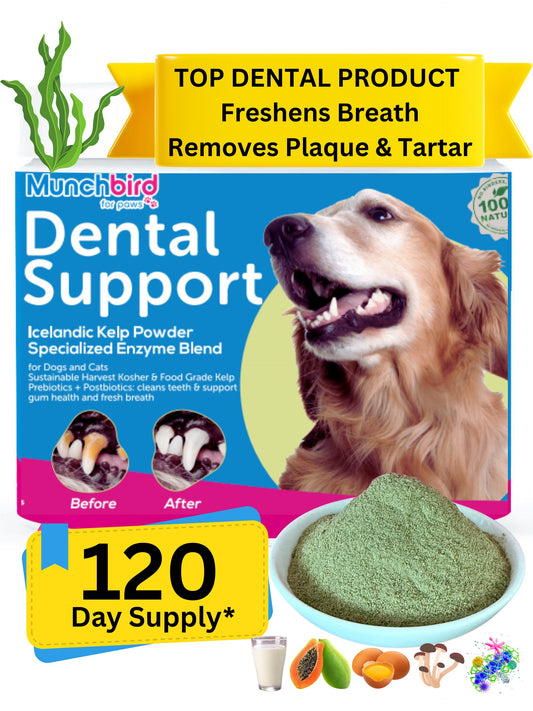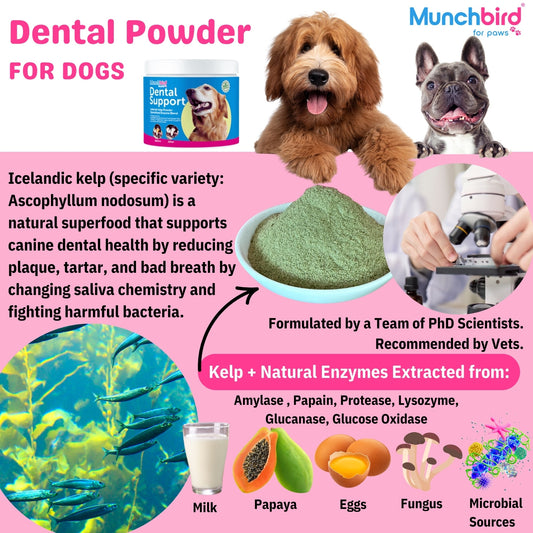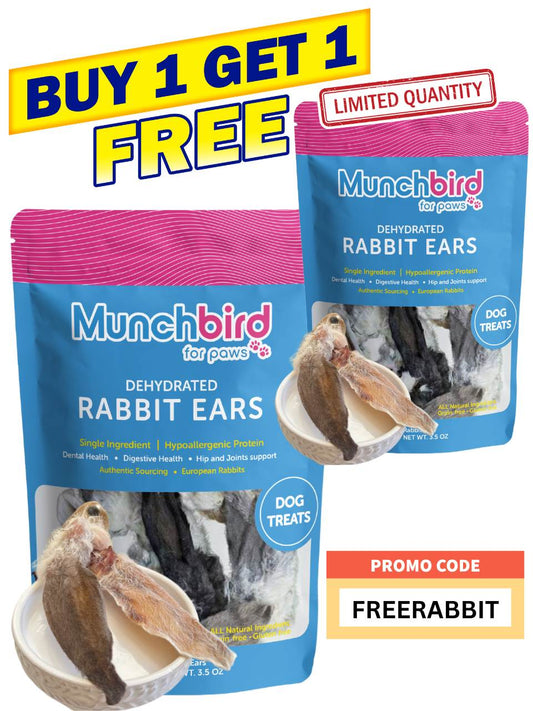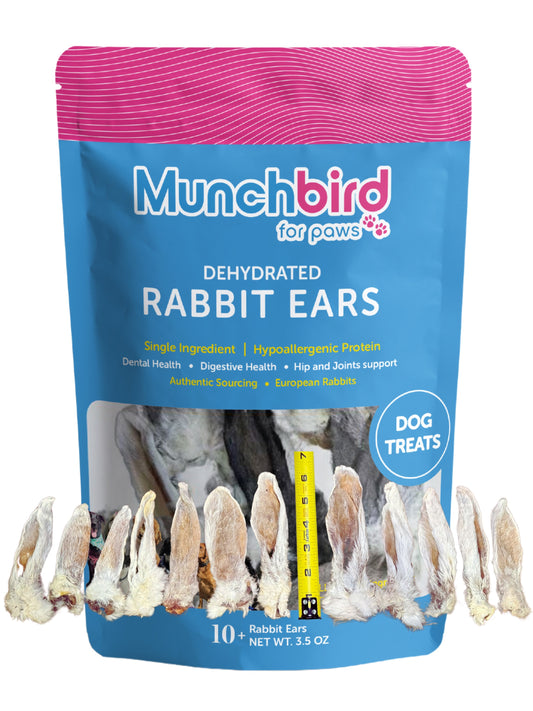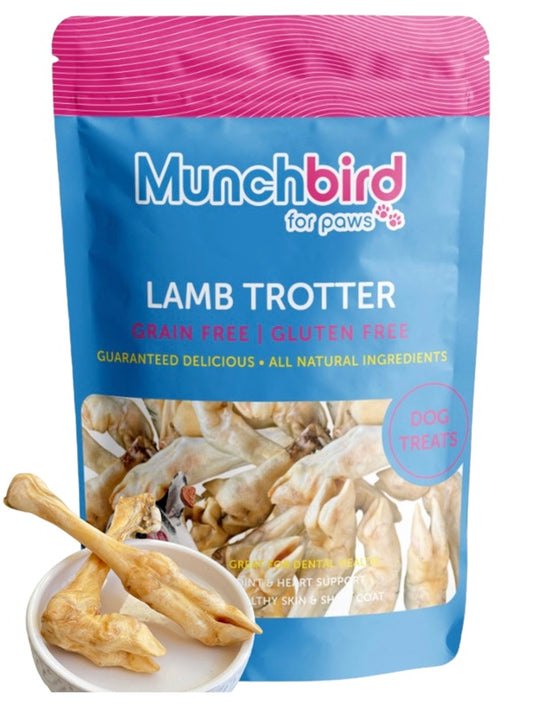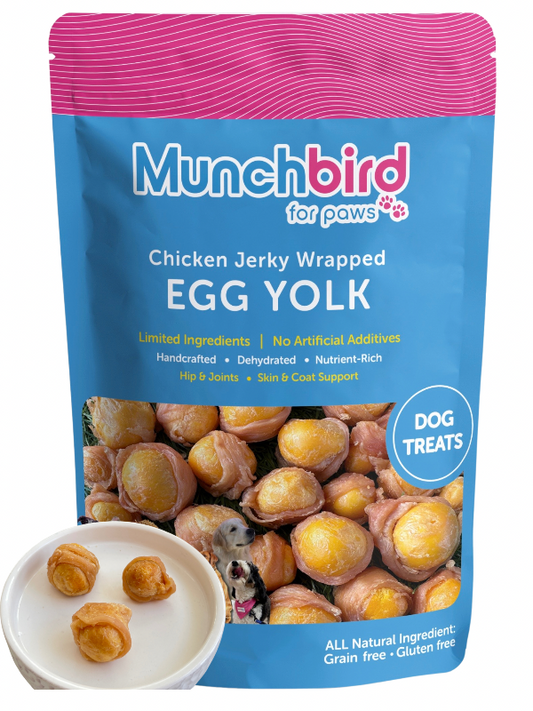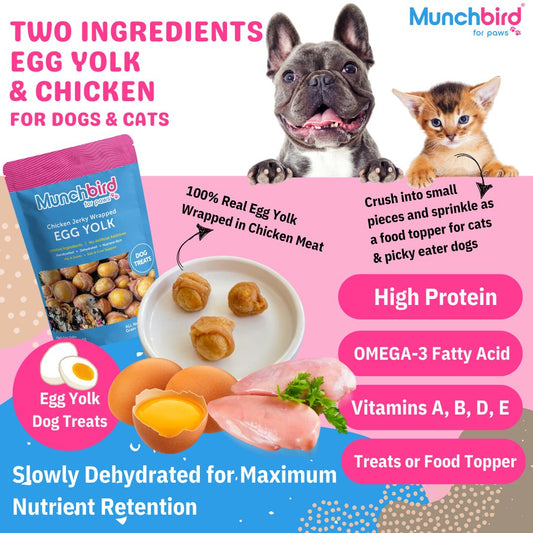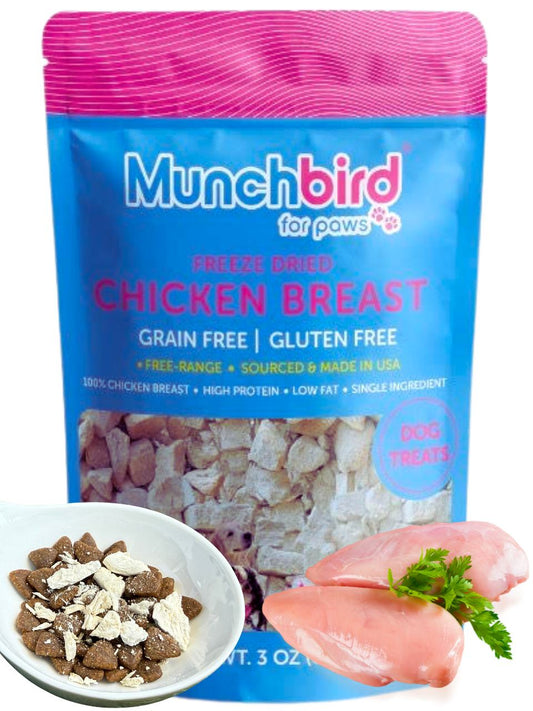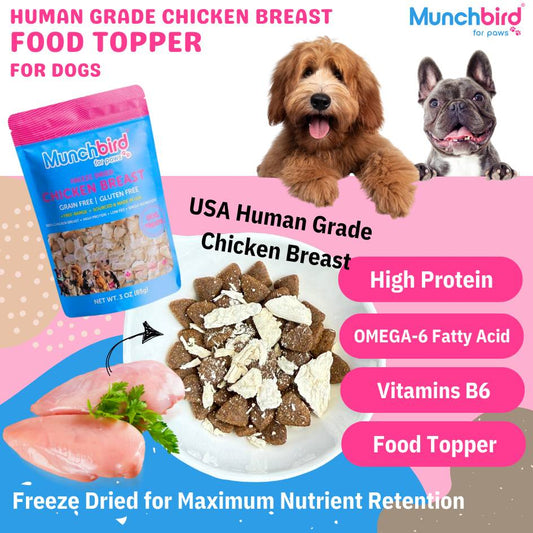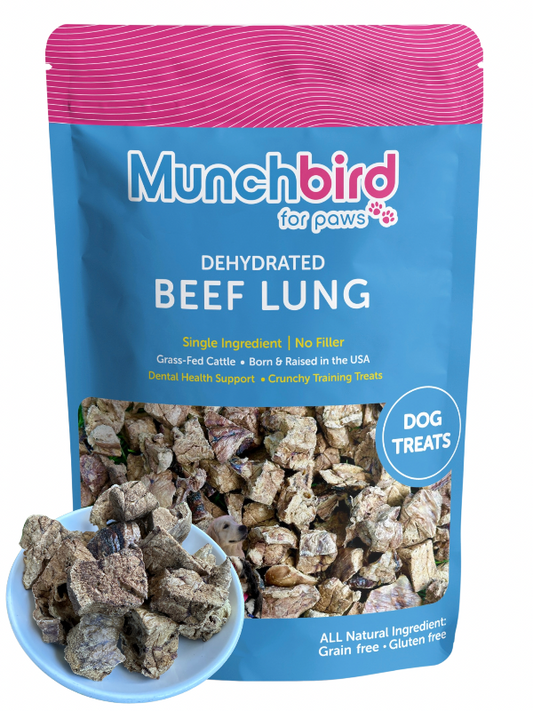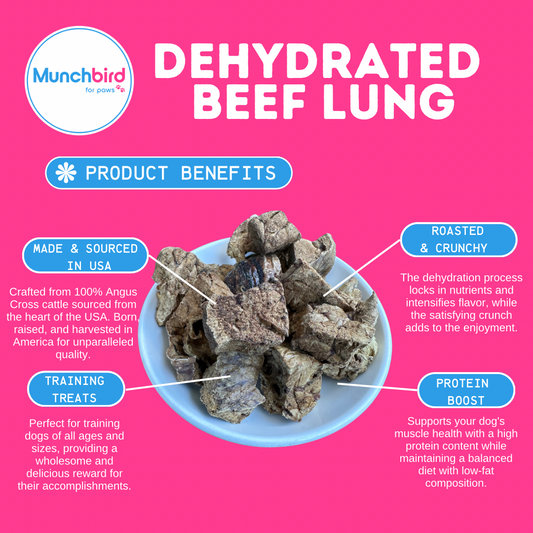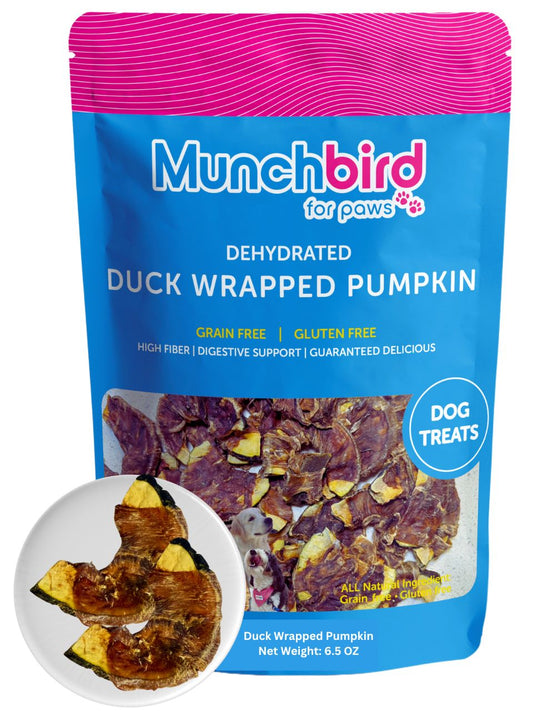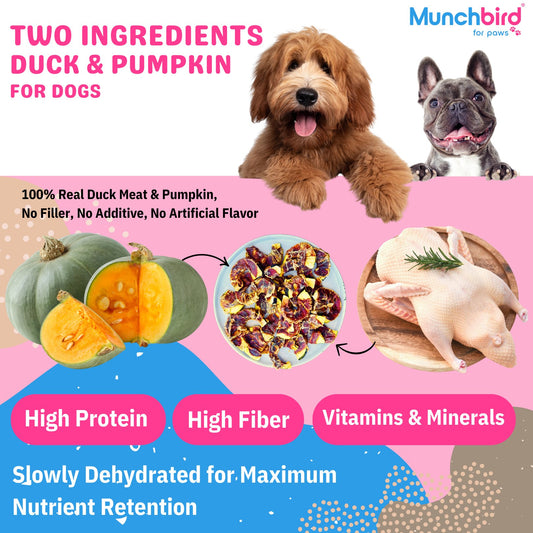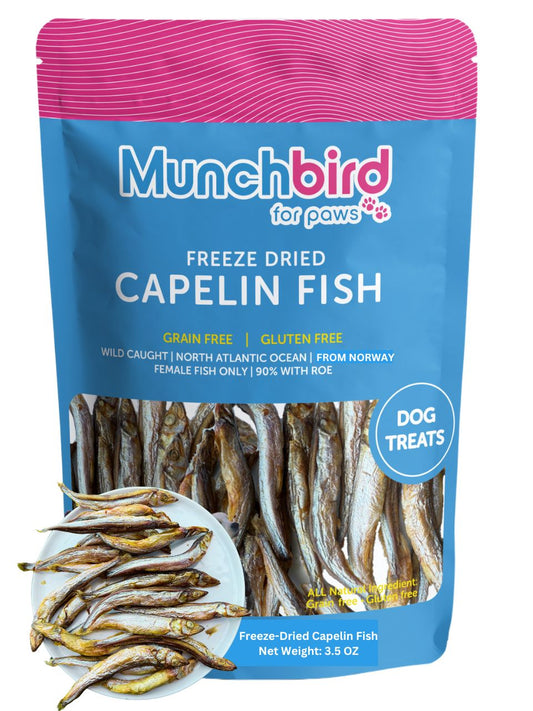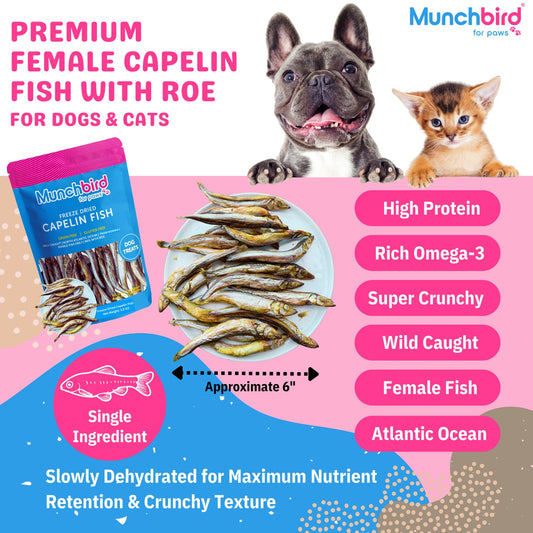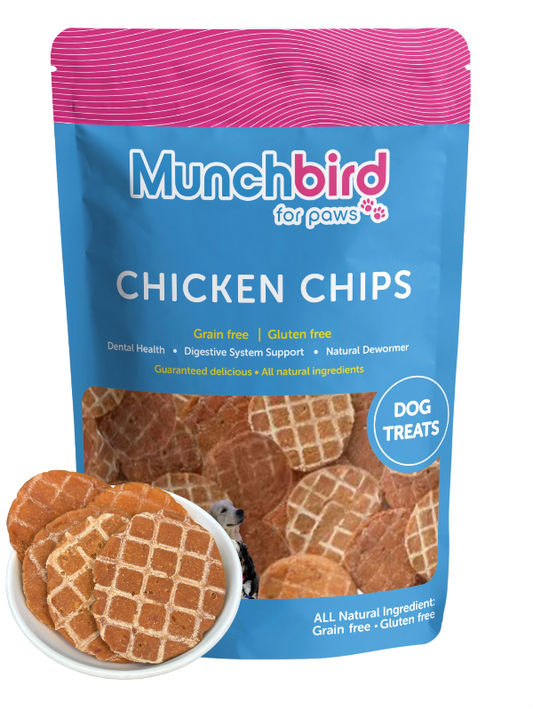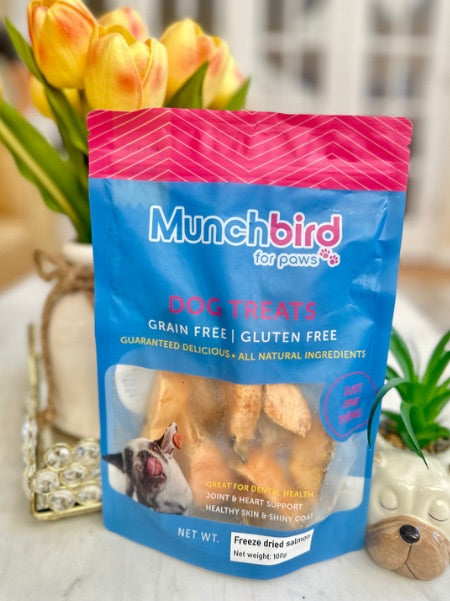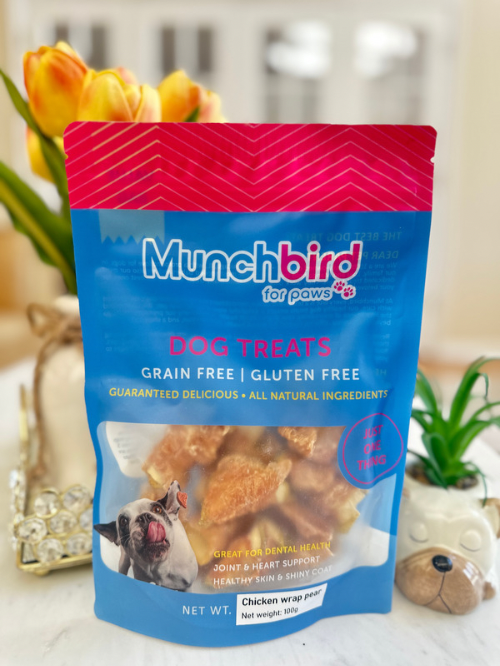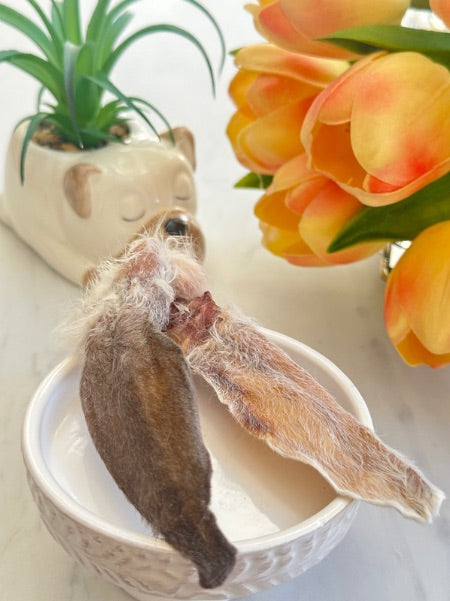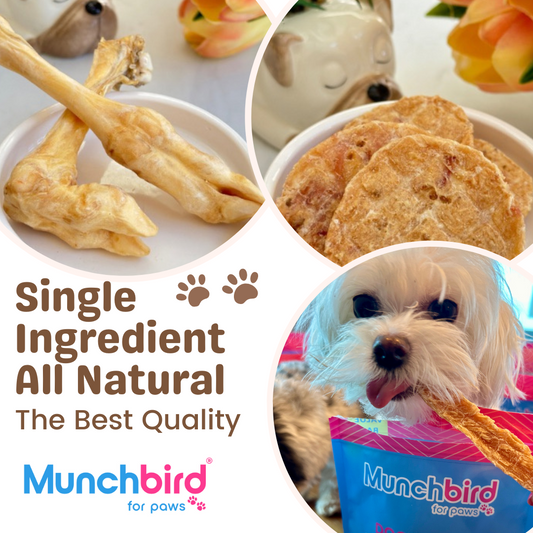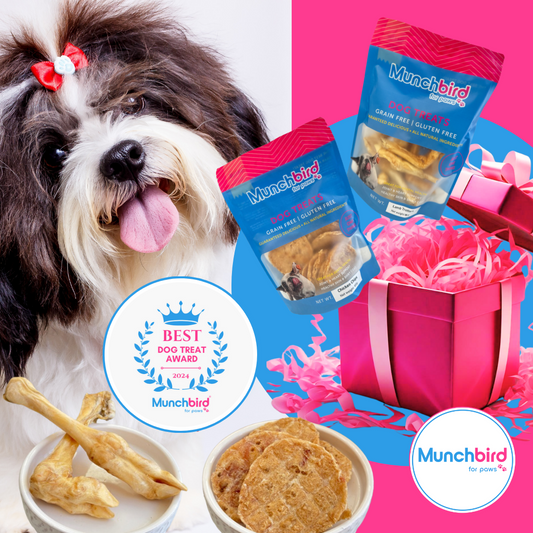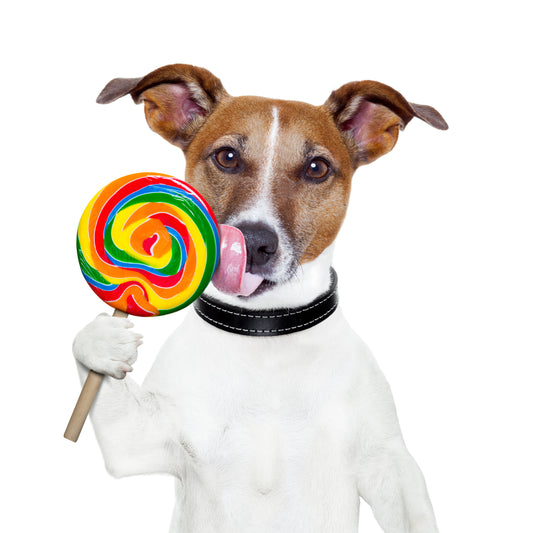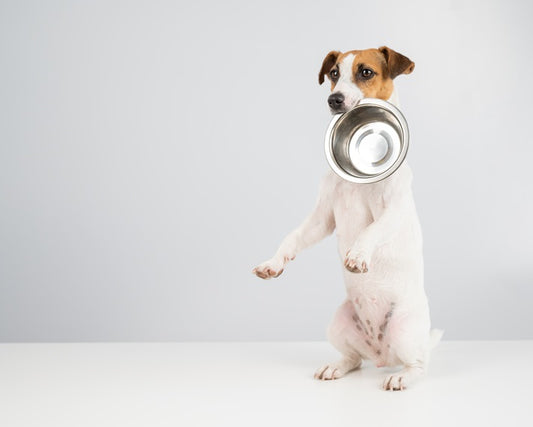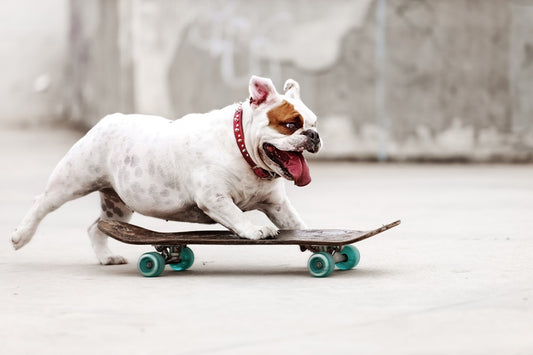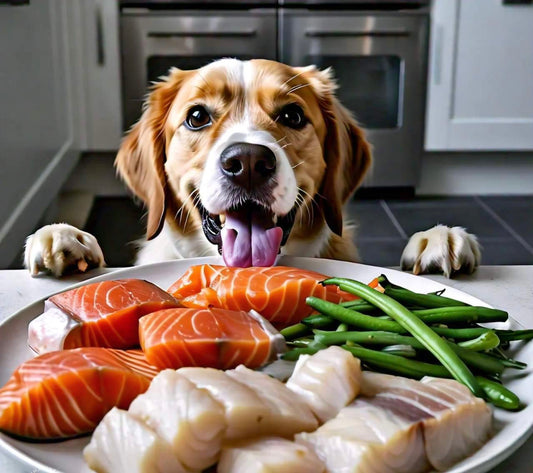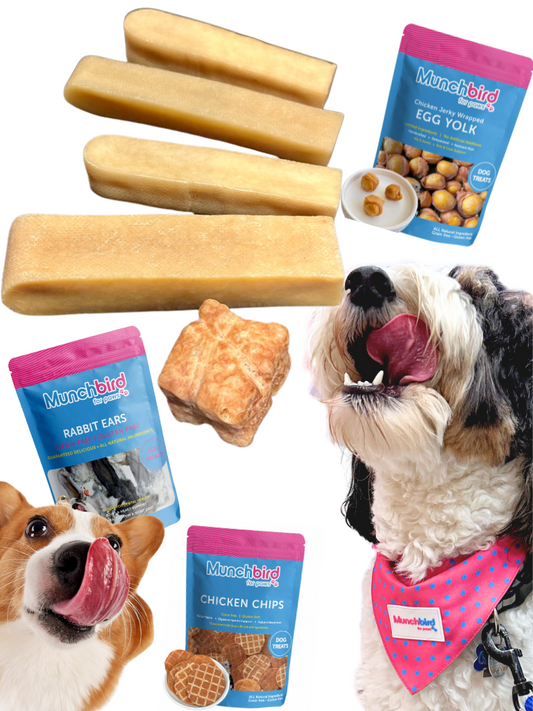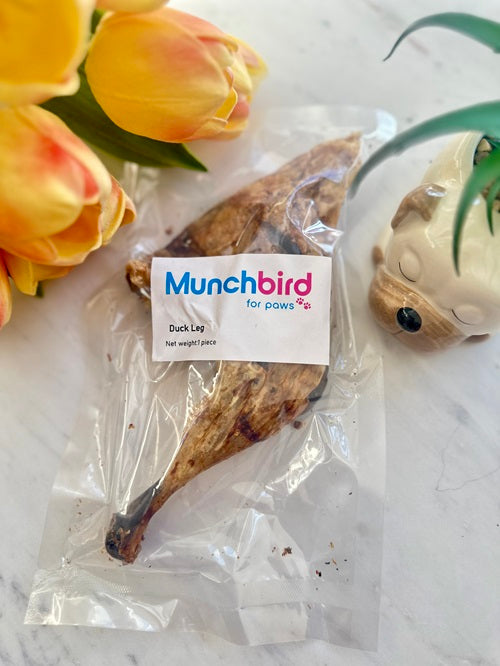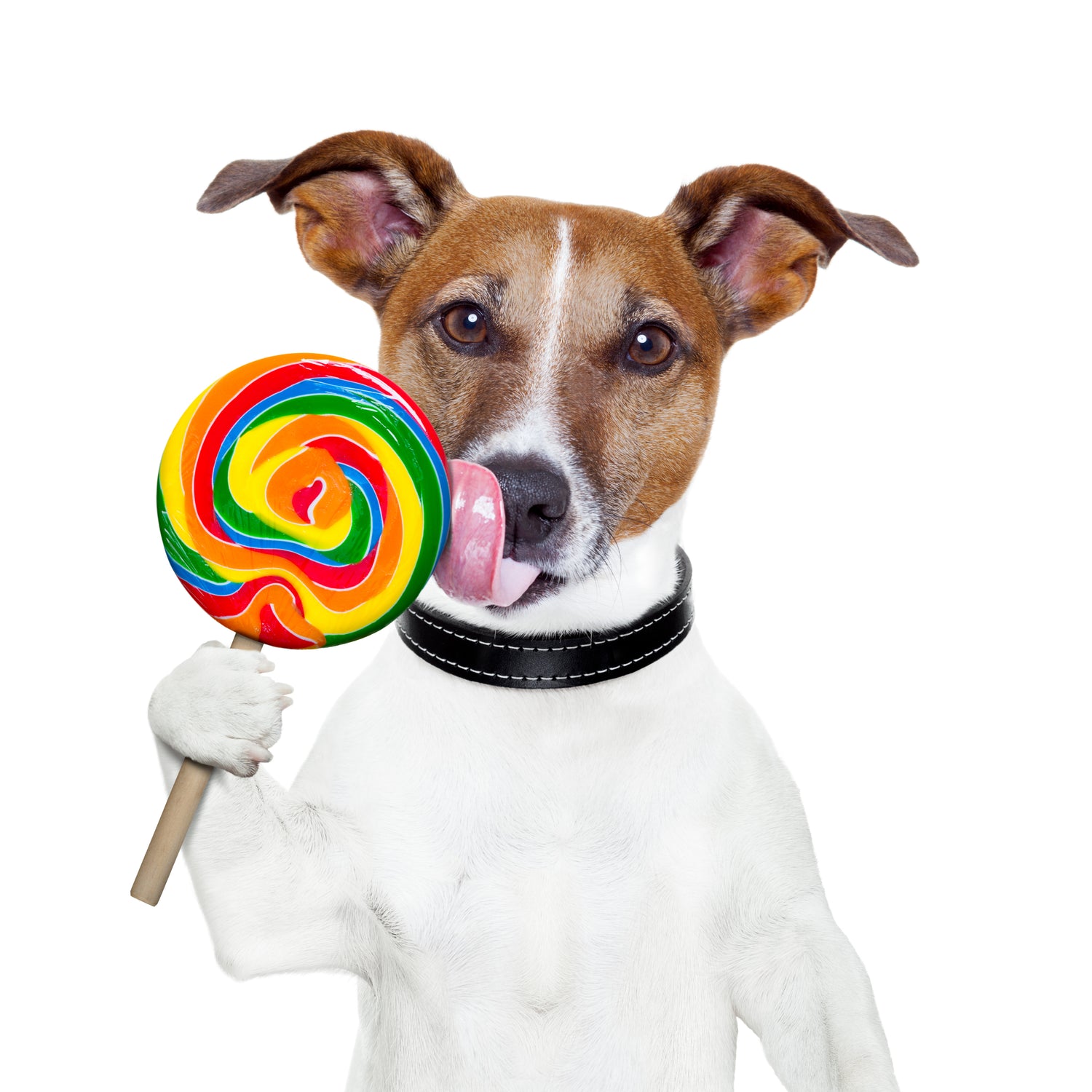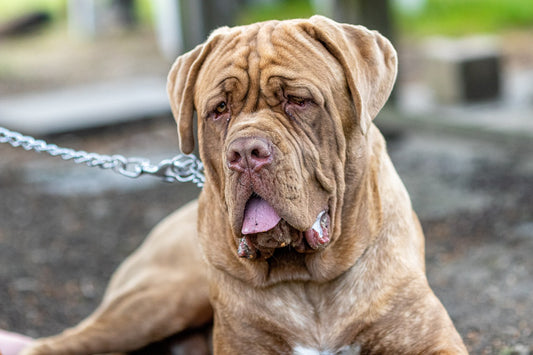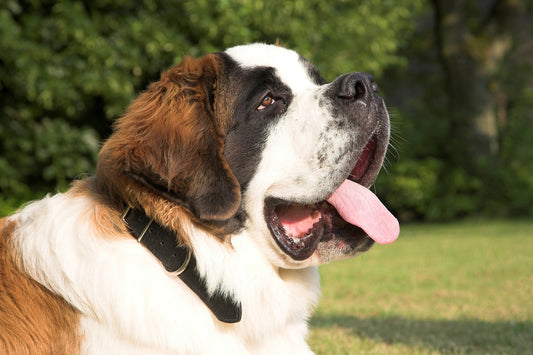 🎉 Limited time offer alert for 2024! Treat your furry friend to our premium Chicken Chips with our Buy 50, Get 1 Free deal. Hurry, this offer won't last long! Upgrade your pet's snacking experience today!🐾
🎉 Limited time offer alert for 2024! Treat your furry friend to our premium Chicken Chips with our Buy 50, Get 1 Free deal. Hurry, this offer won't last long! Upgrade your pet's snacking experience today!🐾
Limited-time Offer: Buy 50, Get 1 Pack Free of Chicken Chips
Use Code: B50G1FREECC Shop Now
Can Dogs Have Quinoa?
Quinoa, hailed as a superfood among humans, has gained popularity for its nutritional benefits. As a responsible dog owner, you may be wondering whether this nutrient-packed grain can be included in your dog's diet. The answer is yes, with some considerations.

Nutritional Benefits of Quinoa for Dogs:
Quinoa offers several nutritional advantages that can be beneficial for your furry friend:
Protein Source: Quinoa is a complete protein, containing all nine essential amino acids, making it a valuable protein source for dogs.Rich in Nutrients: It is packed with essential vitamins and minerals, including manganese, magnesium, phosphorus, and folate.
Dietary Fiber: Quinoa is an excellent source of dietary fiber, promoting healthy digestion and bowel regularity in dogs.
How to Safely Introduce Quinoa to Your Dog:
While quinoa is generally safe for dogs, it's crucial to introduce it gradually and in a safe manner:
Cooked Quinoa: Always serve quinoa cooked. Rinse it thoroughly to remove any saponins, natural compounds that can cause a bitter taste and digestive upset.Plain Quinoa: Avoid adding seasonings, spices, or sauces to the quinoa when preparing it for your dog. Plain and unseasoned quinoa is the best choice.
Monitor Portions: As with any new food, start with small portions to see how your dog reacts. Too much quinoa, especially for the first time, may cause digestive upset.
Observe for Allergies: Watch for any signs of allergies or sensitivities, such as itching, vomiting, or diarrhea. If such symptoms occur, discontinue feeding quinoa and consult your veterinarian.
Potential Concerns:
While quinoa can be a healthy addition to your dog's diet, there are a few considerations:
Caloric Content: Quinoa contains calories, so be mindful of your dog's overall calorie intake, particularly if they have weight management concerns.Balanced Diet: Quinoa should complement a balanced and complete diet. It should not replace essential components of your dog's regular food.
Portion Control: Moderation is key. While quinoa is nutritious, excessive amounts may lead to an imbalance in the diet.
FAQ: Frequently Asked Questions
Is Quinoa Better for Dogs than Rice?
Both quinoa and rice can be nutritious additions to a dog's diet, offering different benefits. Quinoa is a complete protein source, rich in essential amino acids, fiber, and vitamins, making it suitable for dogs with food sensitivities or allergies. Rice, on the other hand, is easily digestible and can help soothe digestive issues in dogs. Ultimately, the choice between quinoa and rice depends on your dog's individual dietary needs and preferences. Consider consulting with your veterinarian to determine the best option for your furry friend's diet.
How Much Quinoa Can I Give My Dog?
The amount of quinoa you can give your dog depends on their size, weight, and dietary requirements. As a general guideline, start with small amounts and monitor your dog's reaction. Too much quinoa can cause digestive upset or discomfort.
Why Can't Dogs Eat Quinoa?
While quinoa is generally safe for dogs, it's important to introduce it gradually and in moderation. Some dogs may have difficulty digesting quinoa, leading to gastrointestinal issues like bloating or diarrhea. Additionally, quinoa contains saponins, natural compounds that can cause stomach upset in some dogs.
Are Dogs Usually Allergic to Quinoa?
While allergies to quinoa are rare in dogs, they can occur. Signs of a quinoa allergy may include itching, skin irritation, gastrointestinal upset, or respiratory issues. If you suspect your dog is allergic to quinoa, discontinue use and consult with your veterinarian for guidance.
What Kind of Quinoa is Best for Dogs?
For dogs, it's best to use plain, unseasoned quinoa without any added spices, herbs, or flavorings. White, red, or black quinoa varieties are all suitable options for dogs, as long as they are cooked thoroughly and served in moderation. Avoid quinoa dishes that contain onions, garlic, or other ingredients that may be harmful to dogs.
Does Quinoa Count as a Grain in Dog Food?
Quinoa is technically a seed, not a grain, and is often considered a pseudo-grain due to its nutritional profile and culinary uses. In dog food formulations, quinoa may be included as a source of carbohydrates, protein, and other essential nutrients. However, it's important to read the ingredient label to ensure that quinoa is suitable for your dog's specific dietary needs.
Does Quinoa Need to Be Fully Cooked for Dogs?
Yes, quinoa should be fully cooked before serving it to your dog. Cooking quinoa helps break down its tough outer shell and makes it easier for dogs to digest. Undercooked quinoa may be difficult for dogs to chew and can potentially cause gastrointestinal discomfort or blockages. Ensure that quinoa is soft and tender before offering it to your furry friend, and avoid serving it raw or partially cooked.
Conclusion:
In conclusion, quinoa can be a nutritious and protein-rich addition to your dog's diet when introduced thoughtfully. As always, consult with your veterinarian before making significant changes to your dog's diet, especially if they have existing health conditions. When prepared and served correctly, quinoa can offer a tasty and healthful boost to your dog's meals.

